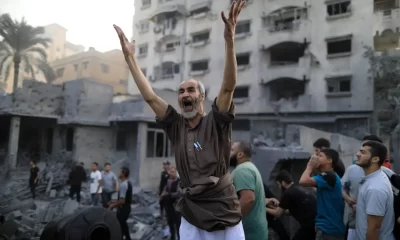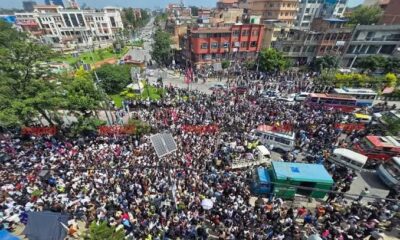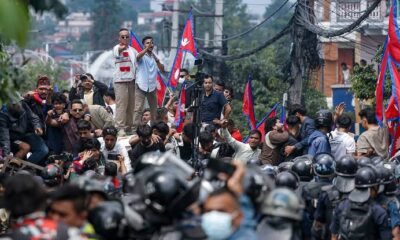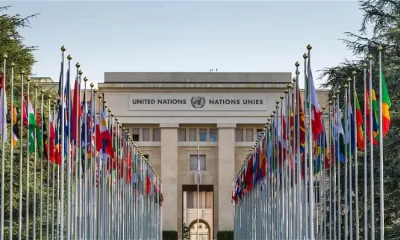Global Issues
Ebola: Where are the thermometers? -By Blessing Iyamadiken

On October 20, 2014, the World Health Organisation declared Nigeria Ebola-free. This came after the country had experienced a total of 20 cases, out of which eight deaths were recorded. The virus gained entry into the country in July, when Liberian Patrick Sawyer, came in on an assignment and was admitted upon arrival at the First Consultants Hospital in Lagos.
Among the deaths recorded were Dr. Ameyo Adedevoh who made the call to keep the infected Liberian confined at the Lagos hospital and in so doing risked her life, contracted Ebola and died of the disease on August 19, 2014; Justina Ejelonu, a nurse, who had just resumed duties at the First Consultants Hospital on the day Sawyer was admitted, also died.
These are only a few amongst the deaths that were recorded and even worse, was the fact that they were medical practitioners.
Even though Ebola in Nigeria was a nightmare, trust Nigerians to always create a joke in the midst of a crisis. I remember being awakened one Saturday morning to calls from various relatives, advising me to use warm salt and water solution to bathe and drink before leaving for work. Of course, due to my solid medical background, I knew such could not be possible, and that some unscrupulous being somewhere had decided to make a joke out of the whole situation.What started as a lie or possibly a joke, ended up as another problem, as people all over the country, even in places as far north as Jos, were being hospitalised for hypertension, due to very high intake of salt.
Nigerians outside the country were not left out either, as they were being discriminated against. Nigerians lost jobs, were ejected out of their houses, etc.
Offices, banks, hotels, schools, etc started sprawling with hand sanitisers, hand gloves. People started paying more attention to their personal hygiene and litters started disappearing from places where they once accumulated. There were thermometers everywhere, and at most offices, temperatures were read before you were allowed in. There was emphasis on proper washing of hands, television and billboard adverts showed nothing but prevention of Ebola. At hospitals, care was taken to ensure very minimal contact with body fluids of the patients.
Now, two months after WHO declared Nigeria Ebola-free, where are the hand sanitisers, thermometers, hand washing equipment that once graced the offices and homes of Nigerians? Where are the adverts on personal hygiene and the likes?
Nigerians seem to have forgotten that Ebola is still at our doorstep and that the disease has not been eradicated in Liberia and Sierra Leone.
Day in and day out, people troop in through the land borders unchecked. And even if measures were put in place to check the people coming into the country through our land borders, it can’t be 100 per cent successful.
Nigeria was unprepared for the first outbreak, but with a proactive government in Lagos and a little bit of luck, it was quickly controlled. Can we say the same for other states? If the virus should by any chance pop in again, can the Nigerian government beat its chest to say that “yes, we can handle this” and go on to prevent its spread? What measures has it put in place particularly in the health sector to arrest the situation immediately, should the need arises?
What if Sawyer had taken his flight to another state in the country other than Lagos, would it have been detected that he had Ebola? Would the spread of the disease have been controlled in such a short period?
You find that we Nigerians feel very relaxed after one victory, even when there is a lot more to be done. What preventive measures have been put in place to prevent any further entrance of the disease into our country?











